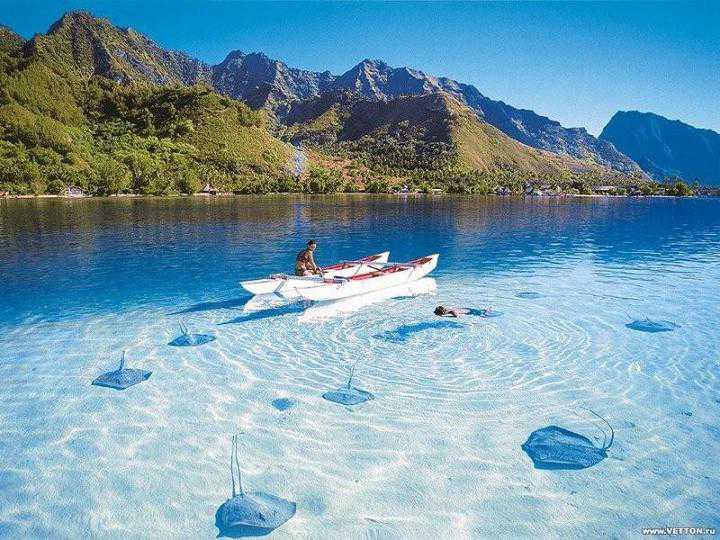Deadly bootleg alcohol placing Turkey’s tourist trade at risk
Thomas Seibert
Jul 29, 2011
ISTANBUL // Cheap, illegal and poisonous alcohol has become a danger to Turkey’s booming tourism industry.
The death this month of Viktoria Nikoloeva, 22, a Russian tour guide, from alcohol poisoning is the latest in a series of incidents that have moved authorities to seize up to 12,000 bottles of possibly lethal liquor that may have been delivered to holiday resorts on the southern coast just at the start of the high season.
Four other members of Nikoloeva’s group on a boat tour died in June after they consumed alcohol, while several more fell ill.
After Nikoloeva’s death, another Russian national fell into a coma after her return from a week-long holiday. Doctors in Moscow had concluded that the woman, Oksana Medvedeva, 36, had suffered alcohol poisoning, Russian media reported.
Russians are one of the country’s most important tourist groups. Almost 10 per cent of the nine million foreign tourists in the first five months of this year came from Russia, according to government figures. Only Germans, with a 15 per cent share of the total, had more people on Turkey’s beaches. With visa requirements for Russians lifted this year, the number of Russian tourists was expected to rise further.
With a record of almost 27 million visitors last year, tourism is a crucial economic sector, bringing in revenues of just under 35 billion lira (Dh76.8bn) in 2010. Officials estimate that this year’s numbers will be even higher, with 31 million visitors and revenues of 42bn lira. But government and tourism officials are concerned that scandals such as the deaths from bootleg alcohol could scare off potential visitors.
“It could be damaging in the long run,” Cengiz Haydar Barut, the president of the Association of Tourism Businessmen in Side and Manavgat, two popular seaside districts in Antalya province, Turkey’s most important resort region on the southern coast, said in an interview. “There should be heavier sentences for alcohol smugglers and stricter controls, and taxes on alcohol should be eased.”
After the deaths in June, Ertugrul Gunay, the tourism minister, went into damage-control mode.
“We immediately got in touch with our Russian counterparts,” Mr Gunay told reporters last month. “We told them it was a local problem and not a widespread one.” The minister said Turkey was determined to tackle the problem. “We will not let them get away with it. We will hand down the strongest sentences possible.” There have been no convictions yet, however.
Authorities in Antalya have stepped up efforts to locate illegal alcohol, with 25 teams of investigators visiting hotels, restaurants, tour operators and liquor stores, the agricultural department of the governor’s office said. So far, 12,177 bottles of illegal alcohol had been seized, the department said. Five brands of whisky, gin and vodka have been banned in the province, after some were found to contain dangerous levels of methanol, a poisonous by-product of alcohol production often found in bootleg liquor.
The five Russian tour guides who died from poisonous alcohol were part of a group who were served drinks during a boat trip in the picturesque bays and coves on the Aegean coast near Bodrum.
The lethal drinks had been imported from a company in the Turkish sector of Cyprus, and up to 12,000 bottles were distributed around Turkey’s holiday regions, according to news reports. Several people, including the owner of the boat company, have been arrested.
Some officials say high alcohol taxes in Turkey are one of the reasons why bootleggers keep finding a market for illegal whisky, gin and vodka.
“Even rigorous controls cannot prevent the loss of life,” Bahattin Yucel, a former tourism minister, wrote in a column for turizmdebusabah.com, a website specialising on tourism.
“Every few years, we lose people to bootleg alcohol, because extremely high taxes make alcohol in Turkey expensive.”
Mr Barut, the tourism official from Antalya, said he had not seen any drop in the number of Russian tourists, because the deaths of the tour guides had been “isolated cases”, and not a trend.
“If it does not happen again, we will not see any damage,” he said. “Everyone takes even more precautions now. Turkey remains a safe place for holidaymakers.”
via Full: Deadly bootleg alcohol placing Turkey’s tourist trade at risk – The National.


Leave a Reply